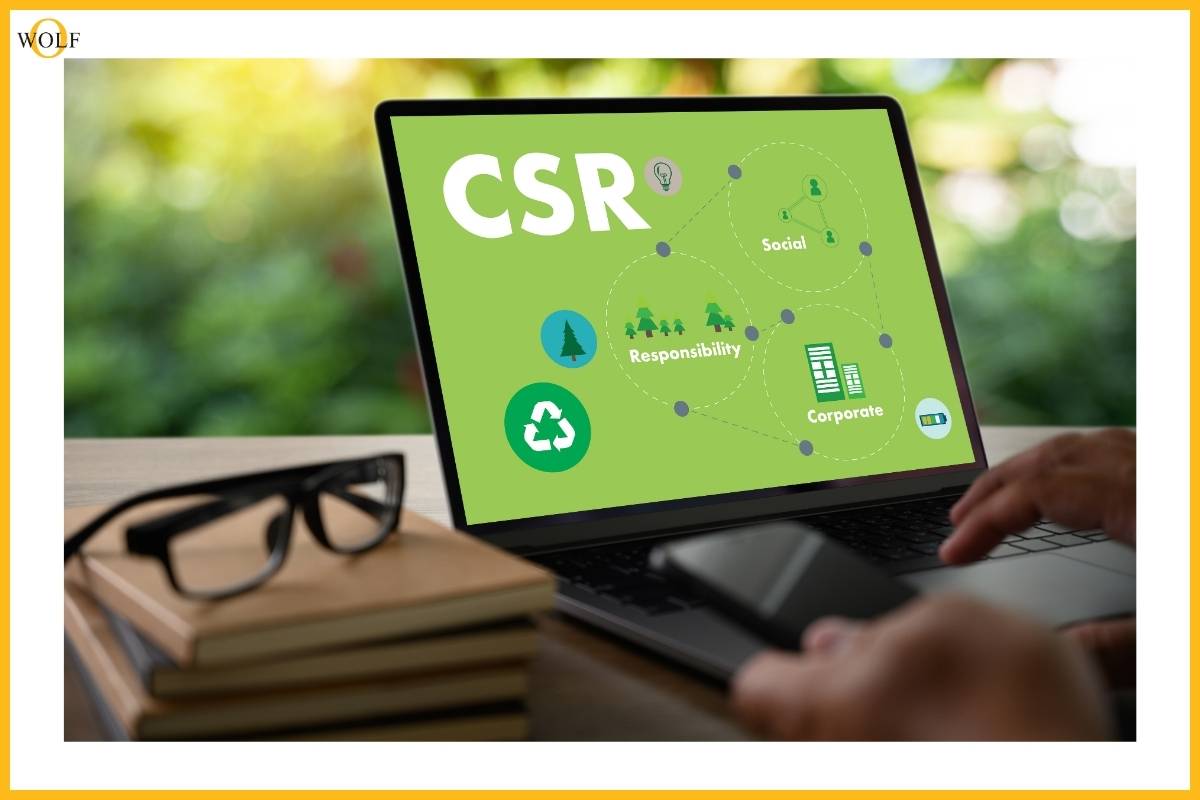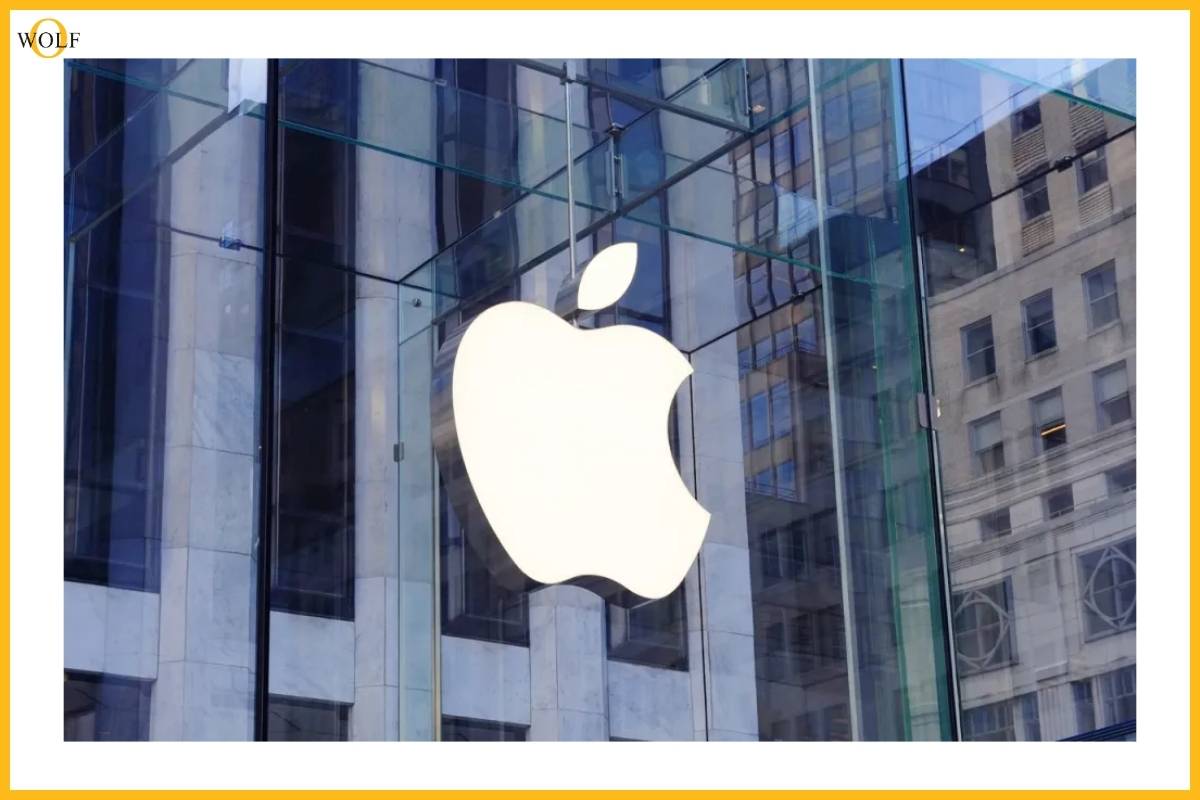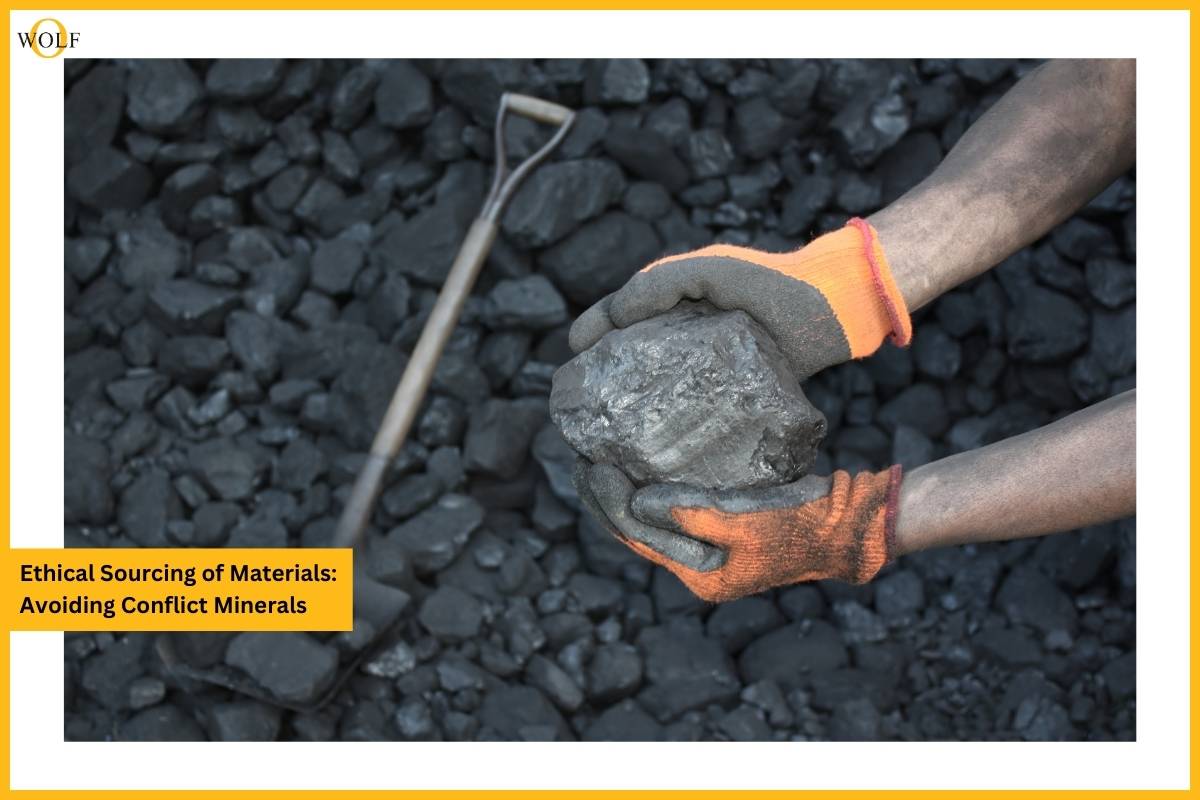In today’s interconnected global economy, the products we use every day—from smartphones to cars—often contain components sourced from various parts of the world. While this globalization has brought about economic opportunities and technological advancements, it has also raised ethical concerns, particularly regarding the extraction and trade of conflict minerals. In this blog, we delve into the issue of conflict minerals, explore their impact on communities and regions, discuss efforts towards ethical sourcing, and highlight the importance of corporate responsibility in ensuring a transparent and ethical supply chain.
Understanding Conflict Minerals
Conflict minerals refer to minerals sourced from regions or countries where armed conflict, human rights abuses, and unethical mining practices occur. The most commonly identified conflict minerals are tantalum (used in electronics), tin (used in soldering), tungsten (used in electronics and machinery), and gold (used in jewelry and electronics). These minerals are often extracted under conditions of forced labor, child labor, and conflict zones where armed groups control mining operations and exploit local populations.
The extraction and trade of conflict minerals fuel violence, perpetuate human rights violations and contribute to instability in affected regions. Proceeds from the sale of conflict minerals may fund armed groups, prolong conflicts, and undermine efforts toward peace and sustainable development.
Impact on Communities and Regions
The mining of conflict minerals has profound social, economic, and environmental consequences for affected communities and regions:

- Human Rights Abuses: Mining operations in conflict zones are often characterized by labor exploitation, including forced labor and child labor. Miners, including women and children, may work in hazardous conditions with little to no protection, facing risks of injury, health issues, and even death.
- Environmental Degradation: Unregulated mining practices, such as illegal mining and improper waste disposal, contribute to deforestation, soil erosion, water pollution, and loss of biodiversity. These environmental impacts harm local ecosystems and jeopardize the livelihoods of communities dependent on natural resources.
- Social Instability: The presence of armed groups and conflict over control of mineral-rich territories exacerbate social tensions, displacement of populations, and violations of human rights. Communities living in conflict-affected areas endure insecurity, displacement, and limited access to essential services such as healthcare and education.
- Economic Exploitation: The exploitation of conflict minerals perpetuates economic inequality and undermines local economies. Resources that could otherwise contribute to development and poverty alleviation are siphoned off to fund armed conflict and enrich illicit actors.
Efforts Towards Ethical Sourcing
Recognizing the ethical and humanitarian issues associated with conflict minerals, various stakeholders—including governments, non-governmental organizations (NGOs), industry associations, and corporate entities—have taken steps to promote ethical sourcing practices and establish regulatory frameworks aimed at mitigating the trade in conflict minerals. Key efforts include:
- Legislative Initiatives: Governments and international bodies have enacted legislation to address the issue of conflict minerals. For example, the United States passed the Dodd-Frank Wall Street Reform and Consumer Protection Act in 2010, which includes provisions requiring companies to disclose their use of conflict minerals sourced from the Democratic Republic of Congo (DRC) and neighboring countries. Similar initiatives have been proposed or implemented in the European Union and other jurisdictions.
- Industry Initiatives and Standards: Industry associations and initiatives, such as the Responsible Minerals Initiative (RMI) and the Extractive Industries Transparency Initiative (EITI), collaborate with businesses to promote responsible mineral sourcing practices. These initiatives aim to establish transparency, traceability, and due diligence mechanisms throughout global supply chains to ensure that minerals are sourced ethically and legally.
- Certification and Traceability Programs: Certification programs, such as the Responsible Jewellery Council (RJC) certification for gold and the Conflict-Free Smelter Program (CFSP), verify compliance with ethical sourcing standards and promote responsible practices among miners, smelters, and manufacturers. Traceability programs enable companies to track the origin of minerals from mine to market, ensuring that products are free from conflict minerals.
- Corporate Social Responsibility (CSR) Policies: Many companies have integrated ethical sourcing and responsible supply chain management into their CSR policies and business practices. By conducting due diligence, engaging with suppliers, and supporting community development initiatives in sourcing regions, companies can mitigate risks associated with conflict minerals and uphold ethical standards.

Challenges and Considerations
Despite progress in addressing the issue of conflict minerals, several challenges persist:
- Complex Supply Chains: Global supply chains are often complex and fragmented, making it challenging to trace the origin of minerals and ensure compliance with ethical sourcing standards throughout the supply chain.
- Resource Constraints: Implementing due diligence and traceability programs requires financial resources, technical expertise, and cooperation across multiple stakeholders. Small and medium-sized enterprises (SMEs) may face challenges in meeting regulatory requirements and implementing robust compliance measures.
- Enforcement and Monitoring: Effective enforcement of regulatory frameworks and monitoring of compliance remains critical to preventing the entry of conflict minerals into global markets. Weak governance, corruption, and lack of transparency in some regions hinder efforts to combat illicit mineral trade.
- Community Empowerment: Sustainable solutions to the issue of conflict minerals require empowering affected communities, promoting inclusive economic development, and addressing root causes of conflict and instability in mining regions.
The Role of Corporate Responsibility
Corporate responsibility plays a pivotal role in ensuring ethical sourcing practices and promoting transparency in mineral supply chains. Companies have a responsibility to:
- Conduct Due Diligence: Implement robust due diligence processes to identify and mitigate risks associated with conflict minerals in their supply chains. This includes conducting supplier audits, engaging with stakeholders, and implementing traceability systems.
- Collaborate and Advocate: Collaborate with industry peers, NGOs, and governments to advocate for responsible mineral sourcing practices, share best practices, and support regulatory initiatives that promote transparency and accountability.
- Support Community Development: Invest in community development initiatives, such as education, healthcare, and economic empowerment programs, to improve the livelihoods of mining communities and foster sustainable development.
- Transparent Reporting: Provide transparent reporting on mineral sourcing practices, compliance with ethical standards, and efforts to address social and environmental impacts associated with mining operations.
Case Studies and Success Stories
Several companies have demonstrated leadership in ethical mineral sourcing and corporate responsibility:

- Intel Corporation: Intel has implemented a comprehensive conflict minerals program, requiring suppliers to undergo due diligence and report on the origin of minerals used in their products. The company supports smelters and mining initiatives in conflict-affected regions to promote responsible sourcing and improve livelihoods.
- Apple Inc.: Apple has committed to sourcing conflict-free minerals for its products and works closely with suppliers to ensure compliance with ethical sourcing standards. The company invests in community development projects, including education and healthcare, to support mining communities in Africa and other regions.
- Tiffany & Co.: Tiffany & Co. is a member of the RJC and adheres to responsible sourcing practices for diamonds, gold, and other precious metals. The company supports responsible mining initiatives and promotes transparency in its supply chain to ensure ethical and sustainable practices.
Conclusion
Ethical sourcing of materials, particularly the avoidance of conflict mineral, is a critical issue that requires collective action and commitment from governments, businesses, and civil society. By promoting transparency, traceability, and responsible supply chain management practices, stakeholders can mitigate the adverse impacts of conflict mineral on communities, promote peace and stability in mining regions, and uphold human rights and ethical standards globally.
As consumers increasingly prioritize ethical considerations in their purchasing decisions, companies have a vested interest in implementing robust due diligence processes, supporting community development initiatives, and advocating for regulatory frameworks that promote ethical mineral sourcing. By working together towards sustainable and responsible practices, we can create a more equitable and ethical global supply chain that benefits communities, businesses, and the environment alike.
Did you find this article helpful? Visit more of our blogs! Business Wolf Magazine






